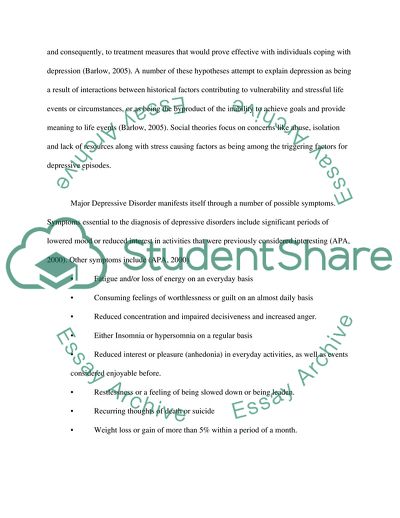Cite this document
(Disorder Essay Example | Topics and Well Written Essays - 2000 words, n.d.)
Disorder Essay Example | Topics and Well Written Essays - 2000 words. https://studentshare.org/health-sciences-medicine/1764907-disorder
Disorder Essay Example | Topics and Well Written Essays - 2000 words. https://studentshare.org/health-sciences-medicine/1764907-disorder
(Disorder Essay Example | Topics and Well Written Essays - 2000 Words)
Disorder Essay Example | Topics and Well Written Essays - 2000 Words. https://studentshare.org/health-sciences-medicine/1764907-disorder.
Disorder Essay Example | Topics and Well Written Essays - 2000 Words. https://studentshare.org/health-sciences-medicine/1764907-disorder.
“Disorder Essay Example | Topics and Well Written Essays - 2000 Words”. https://studentshare.org/health-sciences-medicine/1764907-disorder.


